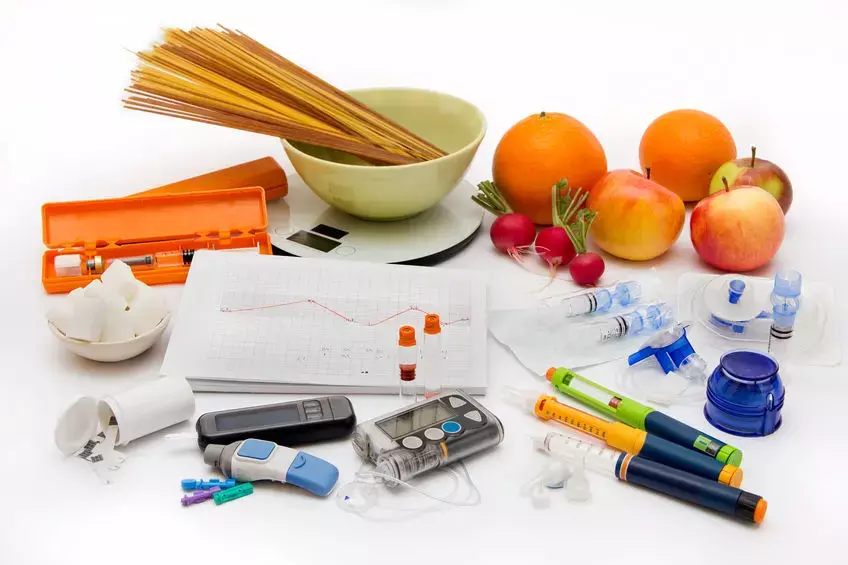- Home
- Medical news & Guidelines
- Anesthesiology
- Cardiology and CTVS
- Critical Care
- Dentistry
- Dermatology
- Diabetes and Endocrinology
- ENT
- Gastroenterology
- Medicine
- Nephrology
- Neurology
- Obstretics-Gynaecology
- Oncology
- Ophthalmology
- Orthopaedics
- Pediatrics-Neonatology
- Psychiatry
- Pulmonology
- Radiology
- Surgery
- Urology
- Laboratory Medicine
- Diet
- Nursing
- Paramedical
- Physiotherapy
- Health news
- Fact Check
- Bone Health Fact Check
- Brain Health Fact Check
- Cancer Related Fact Check
- Child Care Fact Check
- Dental and oral health fact check
- Diabetes and metabolic health fact check
- Diet and Nutrition Fact Check
- Eye and ENT Care Fact Check
- Fitness fact check
- Gut health fact check
- Heart health fact check
- Kidney health fact check
- Medical education fact check
- Men's health fact check
- Respiratory fact check
- Skin and hair care fact check
- Vaccine and Immunization fact check
- Women's health fact check
- AYUSH
- State News
- Andaman and Nicobar Islands
- Andhra Pradesh
- Arunachal Pradesh
- Assam
- Bihar
- Chandigarh
- Chattisgarh
- Dadra and Nagar Haveli
- Daman and Diu
- Delhi
- Goa
- Gujarat
- Haryana
- Himachal Pradesh
- Jammu & Kashmir
- Jharkhand
- Karnataka
- Kerala
- Ladakh
- Lakshadweep
- Madhya Pradesh
- Maharashtra
- Manipur
- Meghalaya
- Mizoram
- Nagaland
- Odisha
- Puducherry
- Punjab
- Rajasthan
- Sikkim
- Tamil Nadu
- Telangana
- Tripura
- Uttar Pradesh
- Uttrakhand
- West Bengal
- Medical Education
- Industry
Factors Beyond Carbs Might Influence Post Prandial Blood Glucose in T1DM Patients

Carbohydrates (CHOs) are the main determinants of postprandial glucose response (PGR). However, a study suggests that nutritional factors other than the amount of carbohydrates significantly influence postprandial blood glucose control. The study findings were published in the Diabetologia on October 23, 2021.
A hybrid closed-loop system (HCLS) automatically delivers basal insulin according to an algorithm based on continuous glucose monitoring (CGM). However, there is very little information on the nutritional factors influencing postprandial glucose control in individuals with type 1 diabetes on HCLSs. Therefore, Dr Giovanni Annuzzi and his team conducted the first study to evaluate the relationship between meal nutrients and PGR in individuals with type 1 diabetes on an HCLS.
The researchers assessed the dietary composition of 1264 meals (398 breakfasts, 441 lunches and 425 dinners) was assessed by 7-day food records completed by 25 individuals with type 1 diabetes on HCLSs. For each meal, they evaluated the PGR (continuous glucose monitoring metrics, glucose incremental AUCs) and insulin doses (pre-meal boluses, post-meal micro boluses automatically delivered by the pump and adjustment boluses) over 6 hours.
Key findings of the study:
- Upon analysis, the researchers found that breakfast, lunch and dinner significantly differed with respect to energy and nutrient intake and insulin doses.
- They also found that the blood glucose postprandial profile showed an earlier peak after breakfast and a slow increase until 4 h after lunch and dinner.
- They noted that the mean ± SD postprandial time in range (TIR) was better at breakfast (79.3 ± 22.2%) than at lunch (71.3 ± 23.9%) or dinner (70.0 ± 25.9%).
- They observed significant negative predictors of TIR at breakfast on total energy intake, per cent intake of total protein and monounsaturated fatty acids, glycaemic load and absolute amounts of cholesterol, carbohydrates and simple sugars consumed.
- However, they observed no significant predictors for TIR at lunch.
- For TIR at dinner, they noted that the significant positive predictor was the per cent intake of plant proteins, while negative predictors were glycaemic load and intake amounts of simple sugars and carbohydrates.
The authors wrote, "A comprehensive nutritional education is a key factor to optimise blood glucose control in individuals with type 1 diabetes even in the era of advanced technologies. "
They concluded, "This study shows that nutritional factors other than the amount of carbohydrate significantly influence postprandial blood glucose control. These nutritional determinants vary between breakfast, lunch and dinner, with differing effects on postprandial blood glucose profile and insulin requirements, thus remaining a challenge to HCLSs."
For further information:
Medical Dialogues Bureau consists of a team of passionate medical/scientific writers, led by doctors and healthcare researchers. Our team efforts to bring you updated and timely news about the important happenings of the medical and healthcare sector. Our editorial team can be reached at editorial@medicaldialogues.in.
Dr Kamal Kant Kohli-MBBS, DTCD- a chest specialist with more than 30 years of practice and a flair for writing clinical articles, Dr Kamal Kant Kohli joined Medical Dialogues as a Chief Editor of Medical News. Besides writing articles, as an editor, he proofreads and verifies all the medical content published on Medical Dialogues including those coming from journals, studies,medical conferences,guidelines etc. Email: drkohli@medicaldialogues.in. Contact no. 011-43720751


